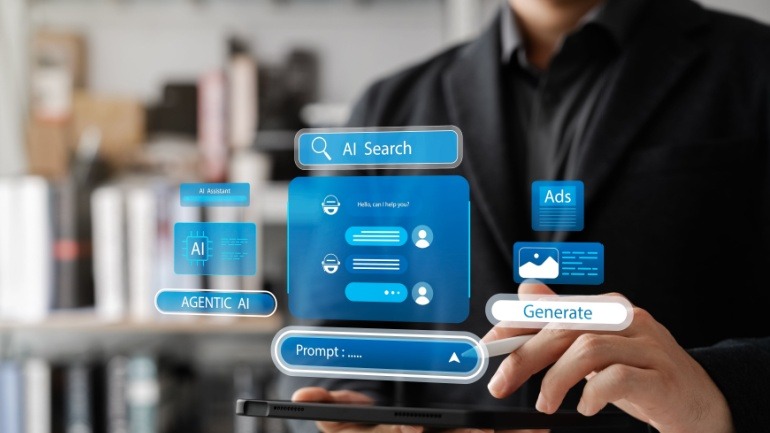The smartphone industry is gearing up for a seismic shift as generative Artificial Intelligence (GenAI) capabilities become mainstream. According to the latest forecast from Counterpoint Research, the global shipment of GenAI-capable smartphones is expected to grow at an impressive compound annual growth rate (CAGR) of 65% between 2024 and 2027.
This surge in GenAI adoption is expected to propel these advanced smartphones into the limelight, with more than half of all smartphone units shipped globally projected to be GenAI-enabled by 2028. This forecast comes just four years after the initial major launch of such smartphones, highlighting the rapid pace of technological advancement in this space.
Tarun Pathak, an analyst at Counterpoint Research, emphasized the significant momentum behind GenAI adoption, noting that over 10 original equipment manufacturers (OEMs) have already introduced more than 30 GenAI-capable smartphone models. Pathak highlighted Samsung’s success with the early deployment of AI use cases in its Galaxy S24 series, which has garnered considerable attention and market share.
The forecast predicts that Samsung will lead the GenAI smartphone OEM rankings in 2024, building on its early-mover advantage similar to the success it achieved with foldable smartphones. Apple’s anticipated entry into the GenAI space later this year is expected to further catalyze growth, making AI capabilities a standard feature in mid-to-premium smartphone launches by 2025.
Mohit Agrawal, also of Counterpoint Research, underscored the transformative impact of AI on smartphone experiences, emphasizing that personalized user experiences will be at the forefront of future smartphone development. As OEMs differentiate themselves through AI capabilities, the evolution of AI use cases—from enhanced imaging and translation features to personalized content creation—will be pivotal in shaping consumer preferences.
The proliferation of GenAI smartphones is not limited to consumer devices; major tech players like Microsoft and Google are also poised to leverage this technology to reach billions of users. While Microsoft’s Copilot tool has already gained traction among PC users, access to smartphone users could potentially level the playing field for Google and other competitors in the AI space.
With the stage set for exponential growth in GenAI-capable smartphones, the industry is bracing for a new era defined by personalized, AI-driven experiences that cater to individual needs and preferences. As AI becomes a ubiquitous feature across smartphone ecosystems, the possibilities for innovation and consumer engagement are set to expand dramatically in the coming years.







